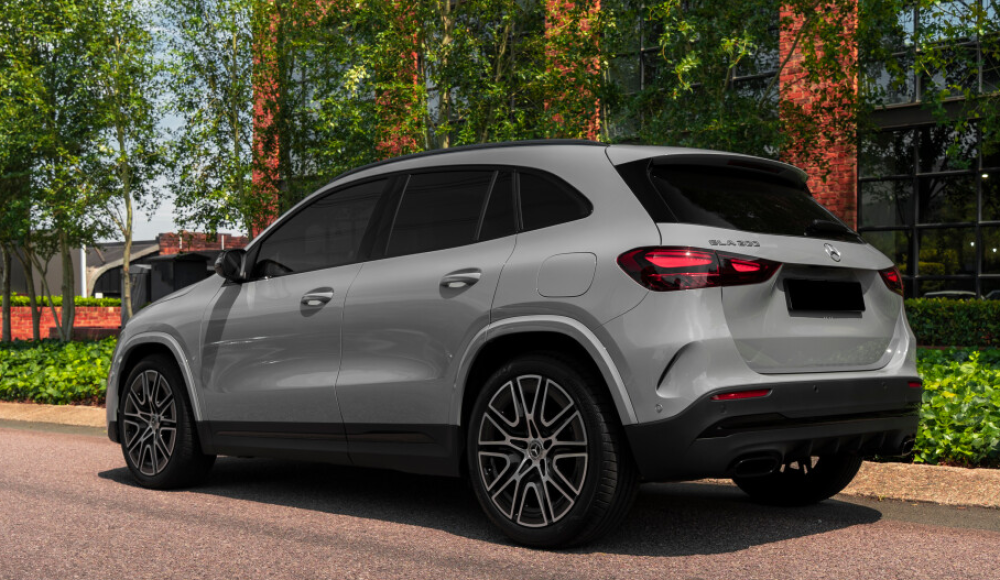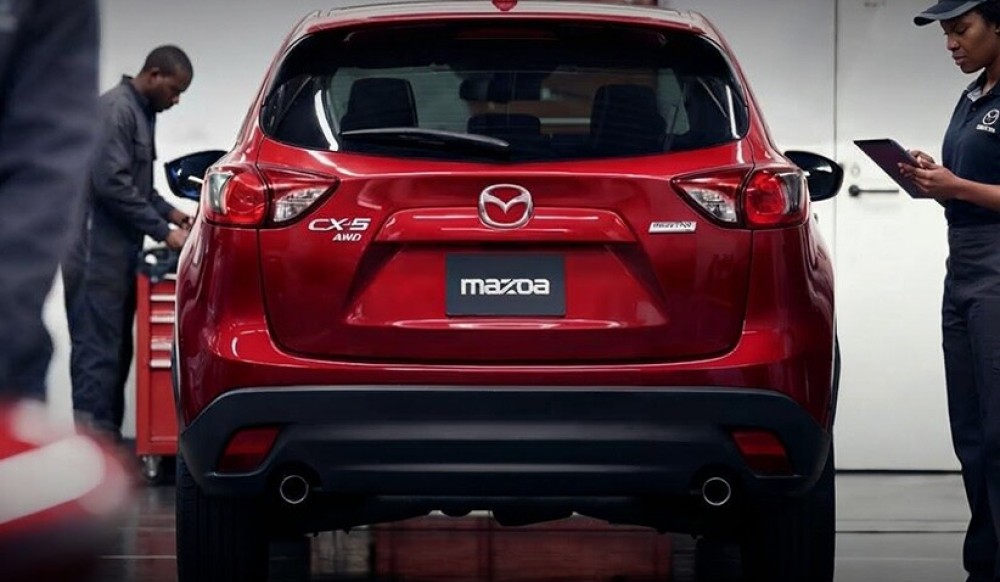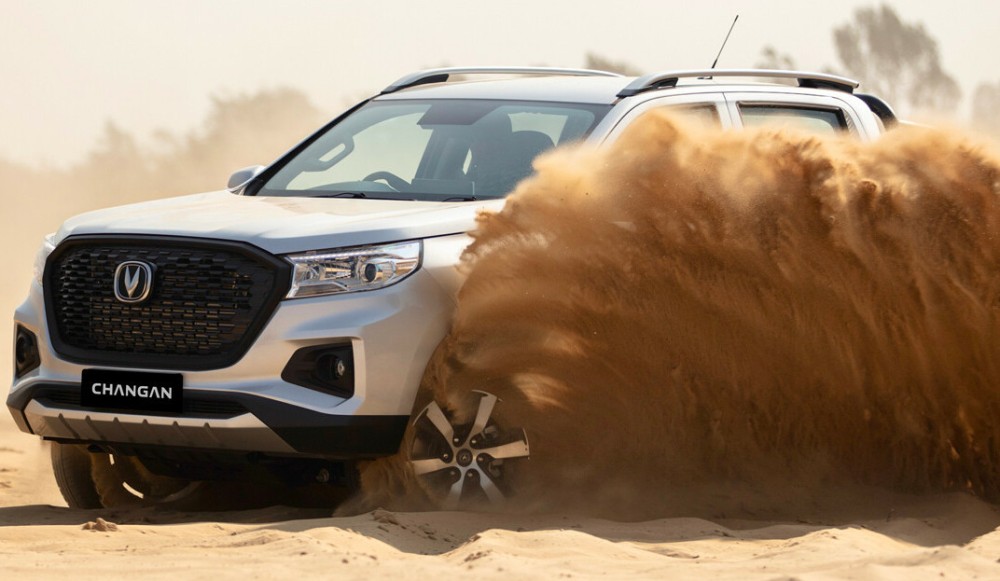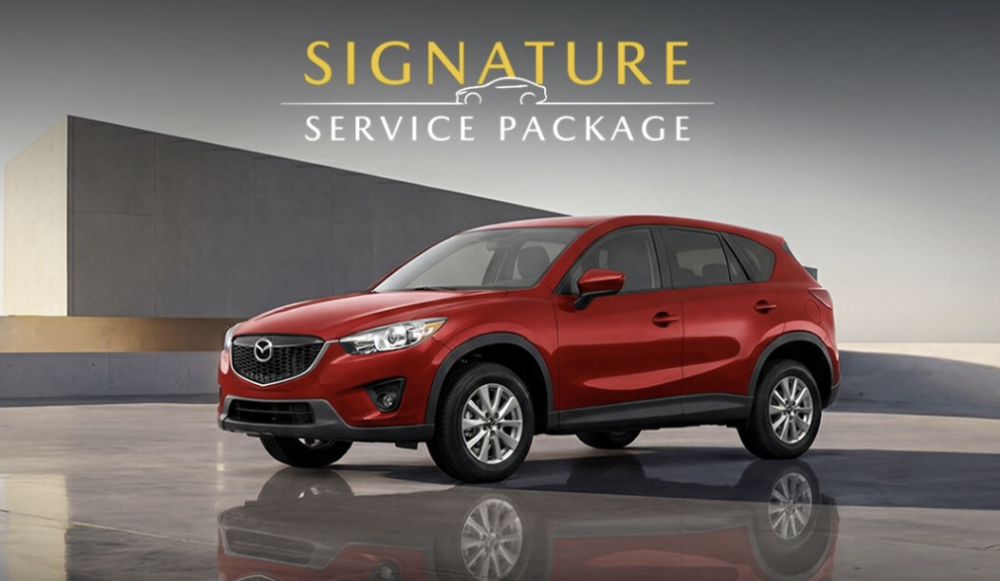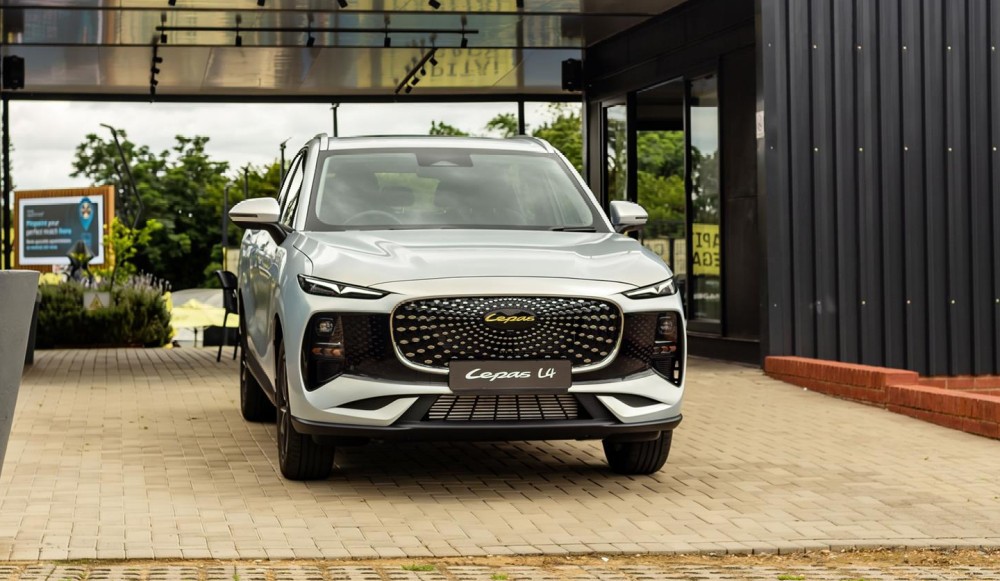The global automotive landscape is shifting rapidly, with Chinese manufacturers emerging as formidable players on the world stage. Once overshadowed by established Western and Japanese brands, Chinese vehicles are gaining traction for their affordability, technological advancements and increasingly competitive quality.
A critical aspect both consumers and industry analysts are keenly observing is the resale value of these vehicles. How well do Chinese cars hold their value compared to their global counterparts?

We have several pristine Jetour X70 models on offer - click here
Over the past decade, Chinese automakers such as Geely, BYD, Great Wall Motors, and Chery have expanded beyond domestic borders, entering markets across Asia, Europe, Africa and Latin America. They have achieved this by offering vehicles that are not only cost-effective but also loaded with features that appeal to a broad spectrum of consumers.
Resale value, or the rate of depreciation, is a crucial factor when purchasing a vehicle. It represents the percentage of a car's original value it retains over time. A higher resale value implies the vehicle depreciates slower, offering better long-term value to the owner. For Chinese vehicles, assessing resale value provides insight into their acceptance and perceived reliability in global markets.
One of the challenges in analysing the resale value of Chinese vehicles globally is the limited availability of comprehensive, centralised data. As Chinese brands are relatively new entrants in many international markets, long-term resale value statistics are still emerging.
Jaecoo J7 in your sights - click here for available models
Despite the data limitations, we can observe trends in various regions:
- China's Domestic Market: In their home country, Chinese vehicles have improved in quality, leading to better resale values. According to the China Automobile Dealers Association (CADA), the average three-year retention rate for domestic brands has been gradually increasing, reflecting enhanced consumer confidence.
- European Market: Brands like MG (now owned by SAIC Motor) have re-entered European markets with positive reception. Early indications suggest competitive resale values, although it is too soon for definitive long-term statistics.
- African and Middle Eastern Markets: Chinese vehicles are popular due to their affordability and adaptability to local conditions. The resale value here tends to be higher relative to the purchase price, mainly because of the lack of competition in certain vehicle segments.
- Latin America: In countries like Chile and Peru, Chinese brands have established a strong presence. The resale values are steadily improving as consumers become more familiar with these brands and witness their performance over time.
Several key factors affect the resale value of Chinese vehicles:
- Quality and Reliability Improvements: Early Chinese exports were often criticized for subpar quality. However, significant investments in engineering and manufacturing have led to substantial improvements, positively impacting resale values.
- Brand Perception: Building a strong brand reputation takes time. Chinese manufacturers are investing in marketing and customer service to enhance brand image and trust, which is crucial for resale value.
- Technological Advancements: Embracing electric and hybrid technologies, Chinese automakers are positioning themselves as innovators. For instance, BYD is a leader in electric buses and cars, which could result in better resale values due to growing demand for eco-friendly vehicles.
- After-Sales Service and Support: A widespread service network and availability of spare parts are essential. Chinese brands expanding their global footprint are establishing dealer networks and service centres, thus boosting consumer confidence.

Want to get your business up and running or just looking for a leisure vehicle - click here
Chinese electric vehicles (EVs) are making significant waves globally. Brands including NIO, Xpeng, and BYD offer advanced EVs at competitive prices. The burgeoning global interest in EVs and the relative novelty of these models have helped maintain stronger resale values compared to traditional internal combustion engine vehicles.
MG, resurrected under Chinese ownership, has seen success in the UK with models like the MG ZS EV. The combination of affordability, quality and a generous warranty has resulted in respectable resale values, with the MG ZS retaining a higher percentage of its purchase price than some competitors after three years.
For potential buyers considering Chinese vehicles, several factors should be kept in mind:
- Warranty Packages: Many Chinese manufacturers offer extended warranties, enhancing the vehicle's resale appeal.
- Market Acceptance: In markets where Chinese brands have established a foothold, resale values are generally better due to increased brand recognition.
- Model Popularity: Opting for popular models can result in better resale value due to higher demand in the used car market.
The overarching trend suggests as Chinese automakers continue to improve and adapt; their vehicles' resale values are likely to strengthen. Quality enhancements, technological innovation and strategic market penetration are all contributing to a more positive reception globally.
While it is still early to draw definitive conclusions due to the nascent presence of Chinese vehicles in many markets, the trajectory is promising. The resale value of Chinese vehicles is gradually improving as they gain acceptance and demonstrate reliability. For consumers, this means more competitive options in the market and the potential for better long-term value.
Colin Windell for Colin-on-Cars in association with
proudly ALL THINGS MOTORING


